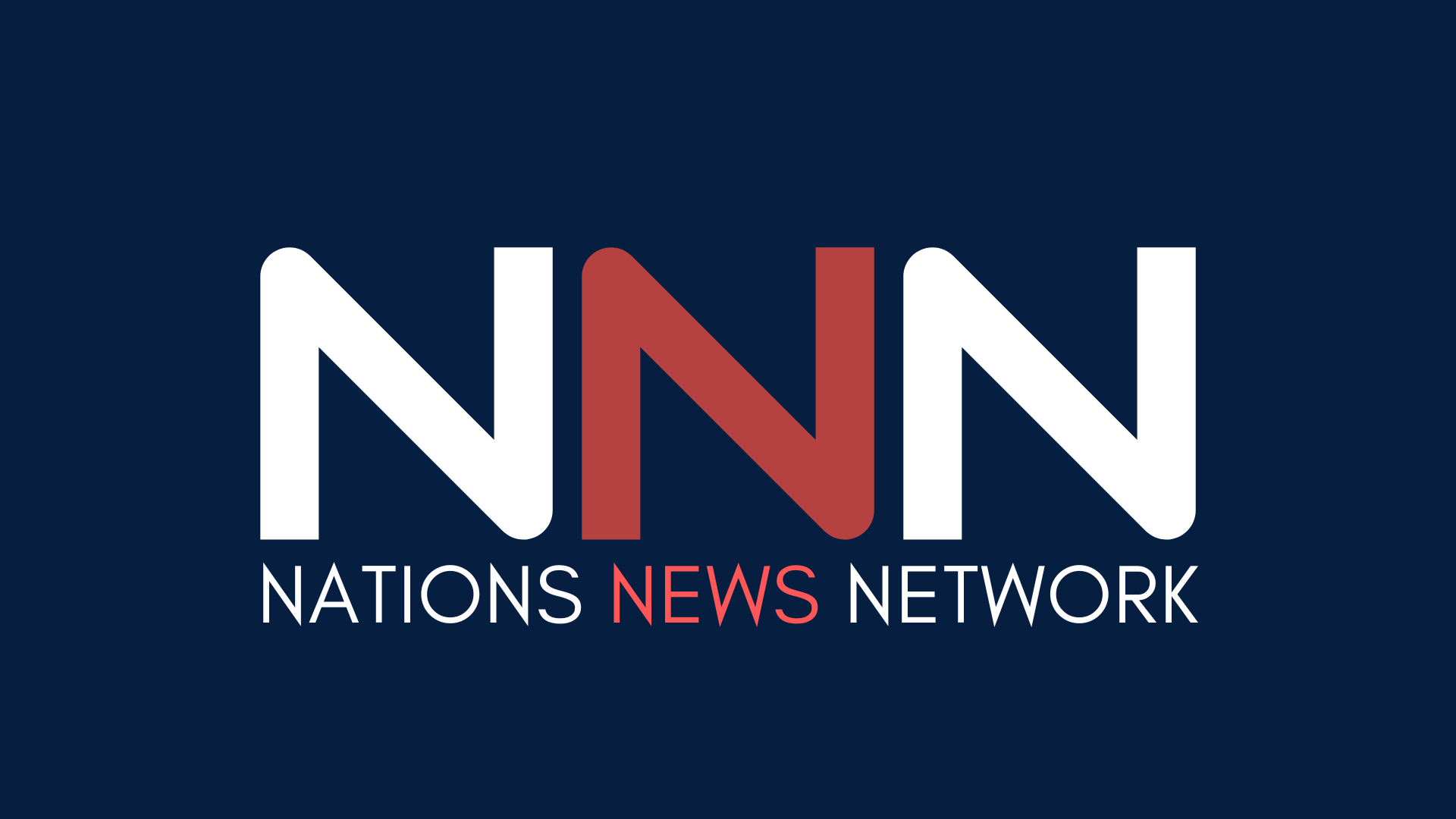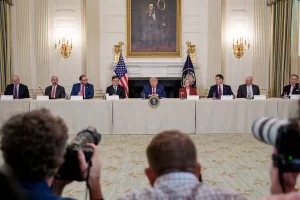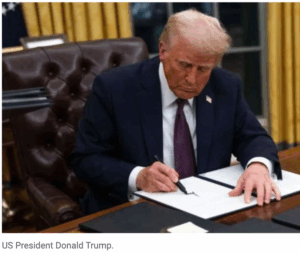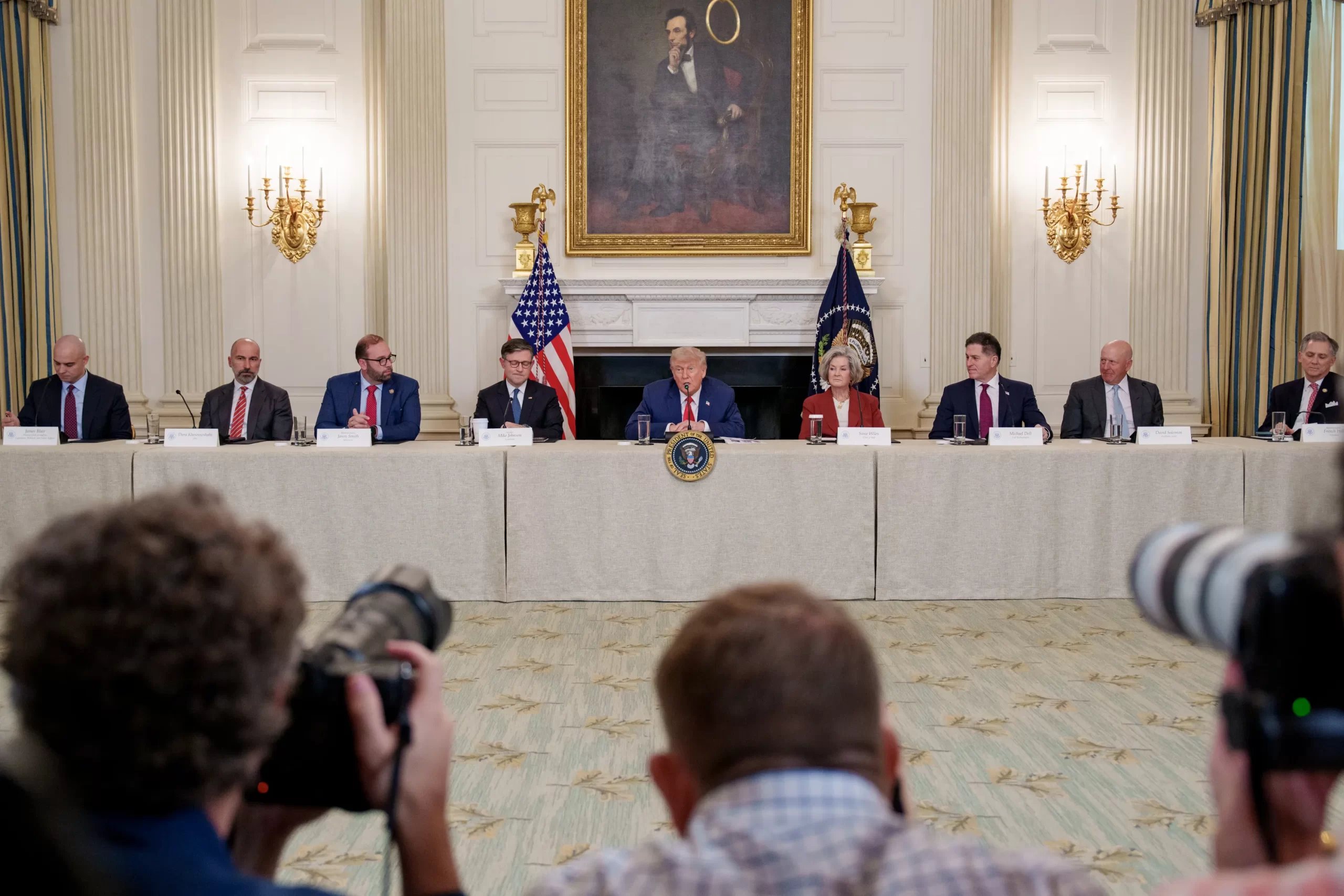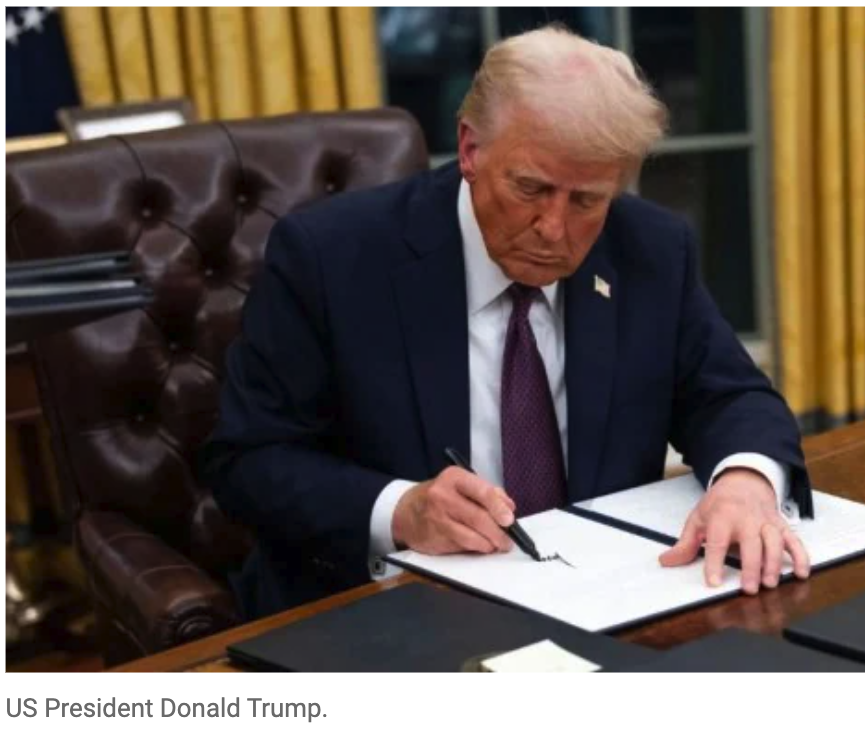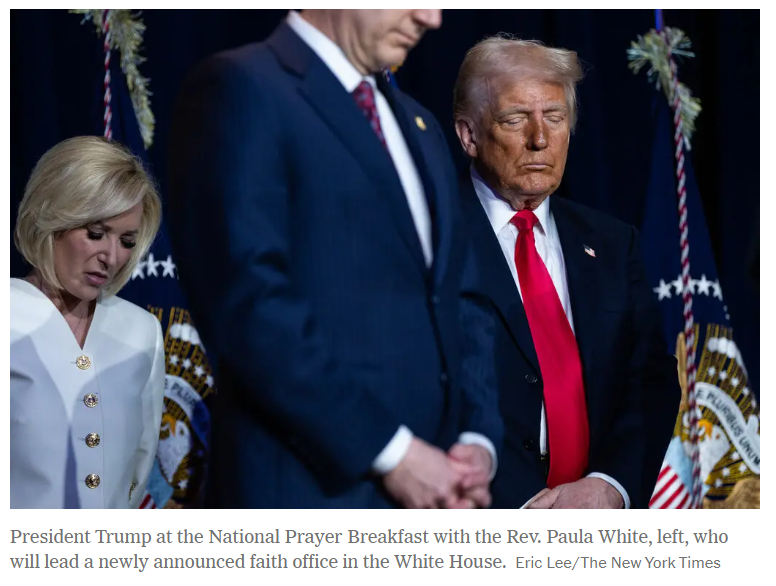Washington, D.C. — The White House has announced the establishment of the White House Faith Office, a new initiative aimed at strengthening partnerships between the federal government and faith-based entities, community organizations, and houses of worship. The move is part of an executive order designed to promote religious liberty, family support programs, and community-driven solutions to social challenges.
According to the order, faith-based organizations play a crucial role in supporting families, promoting self-sufficiency, and addressing local issues through means that often exceed the capacity of government programs. The new Faith Office will be responsible for ensuring that these organizations have equal access to federal grants, contracts, and funding opportunities.
The executive order also amends several previous directives related to faith-based initiatives, updating the terminology and structure of existing programs. Specifically, the White House Faith Office will replace the former White House Office of Faith-Based and Community Initiatives, and the term “Centers for Faith” will now be used in place of “Centers for Faith-Based and Community Initiatives” across multiple agencies.
Key Functions of the White House Faith Office
The new office will operate under the Domestic Policy Council and be led by a senior advisor appointed by the president. Among its primary responsibilities, the office will:
- Consult with faith and community leaders to address issues such as family support, education, crime prevention, substance abuse recovery, and religious liberty.
- Recommend policy changes that enhance the ability of religious and community organizations to serve their communities.
- Organize meetings with federal agencies to ensure faith-based organizations are included in government initiatives.
- Support training programs to help these organizations access federal grants and funding.
- Work with the Attorney General to identify and address concerns regarding religious liberty protections.
Expanded Agency Coordination
Under the order, all federal agencies are directed to provide assistance and support to the White House Faith Office. Agencies that already have faith-based centers will continue their collaboration, while those without such programs are required to appoint a Faith Liaison within 90 days. These liaisons will oversee their respective agencies’ efforts to support faith-based and community initiatives.
Commitment to Religious Liberty
The executive order reaffirms the administration’s commitment to upholding constitutional protections for religious freedom. It calls for measures to reduce legal and regulatory barriers that may limit the participation of faith-based organizations in government programs. Additionally, the order directs agencies to promote grant opportunities for religious and community organizations, particularly those that have not previously received public funding but run effective programs.
Implications and Next Steps
The establishment of the White House Faith Office marks a significant shift in the federal government’s approach to faith-based and community initiatives. By formalizing a structure for collaboration, the administration aims to empower religious and community organizations to take a more active role in addressing social challenges at the local level.
The new office is expected to begin operations immediately, with agencies coordinating their efforts in the coming months. Further details on funding opportunities and policy recommendations will be released as the initiative progresses.
